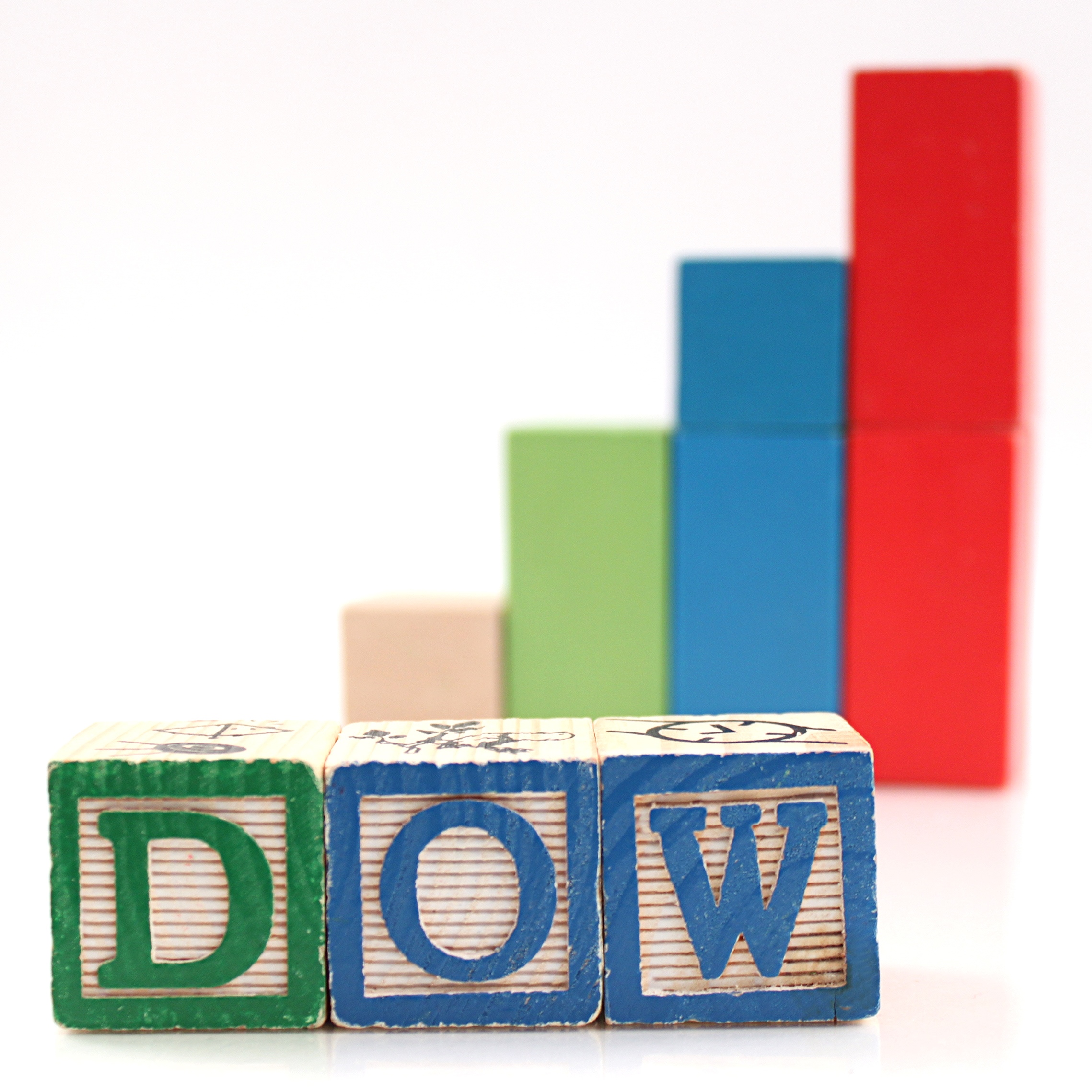
24/7 Wall St. has put together a look at the seven worst performing Dow stocks of 2015 ahead of Christmas this year. These stocks have stumbled over themselves in 2015, somewhat reflecting the flat year that we have had so far in the broad markets.
Over the past year, all these Dow Jones Industrial Average (DJIA) stocks have underperformed the broad markets, but each for different reasons.
Wal-Mart
The worst performing component of the DJIA is Wal-Mart Stores Inc. (NYSE: WMT), and it stands on its own in this regard. The company has been on a long slide over the course of 2015. Earlier this year, Wal-Mart raised wages, which the company says induced this poor performance over the course of the year. The nail in the coffin was the warning that Wal-Mart issued in mid-October concerning its annual outlook: earnings declining by 6% to 12%.
In the past year, the stock has dropped roughly 27%. Wal-Mart shares closed most recently at $60.55, with a consensus analyst price target of $63.63. The 52-week trading range is $56.30 to $90.97. Looking ahead to 2016 earnings, the company has a multiple of 14.5, compared to the current price.
American Express
When American Express Co. (NYSE: AXP) decided to part ways with Costco, it lost one of its key partners this year. Amex was the primary card of Costco, and it actually derived a fair amount of sales out of this wholesale retailer. Apart from this, a strong U.S. dollar hurt the company in its overseas markets, which in turn precipitated poor earnings.
In the past year, American Express stock has dropped about 26%, and most recently closed at $68.85. The consensus price target is $80.92. The 52-week range is $67.57 to $94.89. Looking ahead to 2016 earnings, the company has a multiple of 12.7, compared to the current price.
Caterpillar
Though Caterpillar Inc. (NYSE: CAT) slid to its current position steadily since the beginning of the year, only recently does the stock look like it might rebound from these lows. As one of the world’s largest producers of industrial goods and vehicles, the slowdown in China’s economy had a large impact Caterpillar to the downside. China is seemingly moving away from a manufacturing economy to a consumer economy, and Caterpillar will have to pull out all the stops to continue operating at its current level and even grow from here.
Caterpillar stock has fallen more than 25% year to date. Shares closed at $68.41, with a consensus price target of $68.29 and a 52-week range of $62.99 to $94.66. Looking ahead to 2016 earnings, Caterpillar has a multiple of 19.1, compared to the current price.
Chevron
Like many other major oil companies, Chevron Corp. (NYSE: CVX) has been the victim of falling oil prices over the course of 2015. As a result, Chevron has cut back on its exploration activities, along with significant capital expenditure (capex) cuts. It will take rising oil prices to get Chevron back on track.
Chevron stock has dropped 15% year to date. Shares closed at $90.27, with in a 52-week trading range of $69.58 to $114.45. The consensus price target is $99.55. Looking ahead to 2016 earnings, the company has a multiple of 26.4, compared to the current price.
United Technologies
United Technologies Corp. (NYSE: UTX) was actually positive for the first half of the year, but the stock took two massive hits in late summer and early fall. In late August this military tech leader took the plunge with the broad markets during that massive sell-off. Earlier in July, United Technologies reported poor earnings, which were caused by a strong U.S. dollar, and to add to the carnage the company cut its outlook on the full year.
In the past year, the stock has slid 15%. Shares of United closed Monday’s session at $94.87. The consensus price target is $108.47, and the 52-week range is $85.50 to $124.45. Looking ahead to 2016 earnings, it has a multiple of 14.4, compared to the current price.
Exxon Mobil
Exxon Mobil Corp. (NYSE: XOM) was another major oil company hit by falling prices in 2015. Very similar to Chevron, Exxon reeled back its capex spending and has slowly cut back on its rig count over the past year.
Exxon stock has fallen about 13% year to date. The shares closed most recently at $77.65, with a consensus price target of $83.52 and a 52-week range of $66.55 to $95.18. Looking ahead to 2016 earnings, Exxon has a multiple of 21.0, compared to the current price.
Thank you for reading! Have some feedback for us?
Contact the 24/7 Wall St. editorial team.
 24/7 Wall St.
24/7 Wall St. 24/7 Wall St.
24/7 Wall St.


